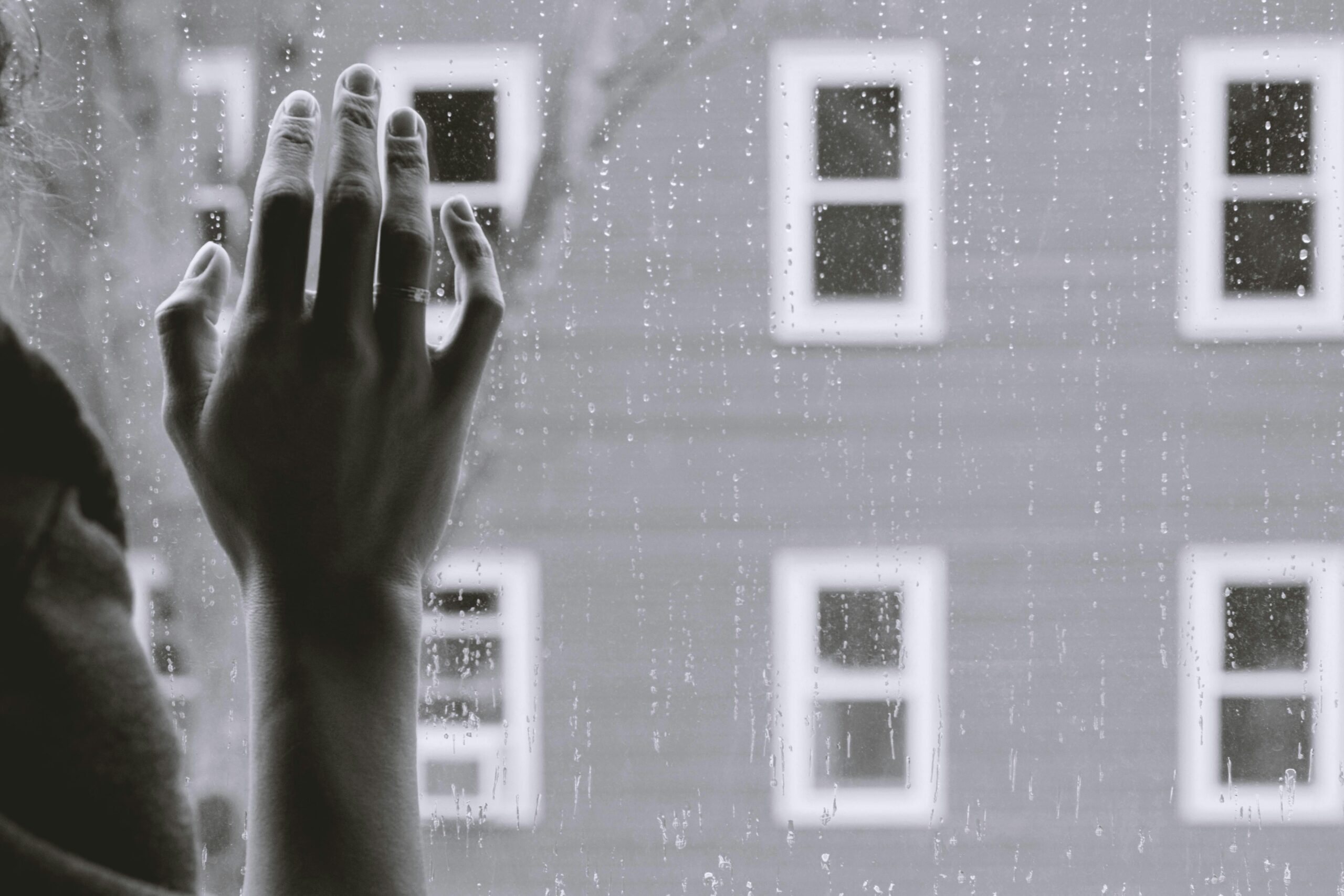
My goal in this piece, on this Fourth of July, is to give those without mental illness an idea of what it’s like attending festivities with mental illness. Of course, I only have direct access to my own feelings and experiences, but from reading and listening to others, I think I’m pretty typical. Also, I wrote this piece back in December, Mental Health and the Holidays | Nutmegger Daily – Quality writing on many topics, where I talked about how the best thing regular people can do for those of us with mental illness is to live their lives and enjoy themselves. So, I’m not asking for any kind of accommodations. I don’t want anyone to curtail their celebrations in any way. I just want to let you know what it’s like for us and why we might do some of the things that the normals might not understand.
First of all, there’s a very strong urge to keep to yourself with many mental illnesses. Many of us will try to find ways to avoid festivities of any kind. It’s not necessarily being anti-social. I think when anyone feels lousy, whether it’s a cold or an injury or anything else, they avoid others. Mental illness also frequently involves low energy which is likely to lead to avoiding others. When we decline an invitation, these are probably the biggest reasons why.
However, in spite of strong reasons not to attend any kind of party or celebration, we often do. There are a bunch of reasons for this. Sometimes the host will be really insulted or saddened if we fail to show up. Sometimes the host is counting on us for something. Sometimes it’s obligatory, think of weddings and work parties. And sometimes it’s what we think is best for dealing with our mental illness. My therapist is always telling me it’s good for me to be social and that isolating myself is bad. When I can scrounge the energy, I try to take her advice.
My preference when attending a party is to arrive early. That may seem counterintuitive, so I’ll explain. If I can be the first guest to arrive, I only have to greet the host. Arriving later means surviving a whole gauntlet of hellos and introductions. Plus, when arriving early, I can assess the situation better and find a relatively safe space to spend my time. It’s harder to navigate the space with lots of people around. Unfortunately, it can be rude to show up early to an event; especially if the host is still setting things up. You have to know the host pretty well and be willing to help set up to do this.
If forced to arrive at a more normal time, a bit late is best. This way, you can try to sneak in and pretend like you’ve been there and just haven’t seen certain people yet. One advantage of summer parties is you can usually go around back and just stand there and no one will notice. A trip to the bathroom can be a good way to shorten the gauntlet. But sometimes you’re stuck, and you’ll spend 90% of your energy in the first fifteen minutes.
The heart of the party is best spent somewhat isolated, often in a corner somewhere. A mostly full drink in hand helps (no offers of refills). Once established, we don’t like to move. If someone comes to us, we’ll chat a bit until they get bored and move on. We never move around and engage people. To be isolated, it means not being in the kitchen (everyone moves through the kitchen throughout the party). Same with being near the bathroom. It usually means being away from furniture, too. That means we usually stand throughout the celebration. One way weddings are nice is you can remain seated once the dancing starts and not be noticed.
Leaving is usually the hardest part. Leaving early seems obvious, but only if you can sneak out and sneaking out risks upsetting the host and maybe some other guests. Failing to say goodbye is usually a faux pas. Plus, if anyone catches you trying to leave early, they will try to convince you to stay. That creates lots of anxiety and guilt. Leaving with everyone else creates a whole new gauntlet. There are dozens of goodbyes all at once. Staying late can work pretty well, but it is not without risks. As more people leave, you become more noticeable to the people who are left. And you may have to help clean up, so it depends on how rowdy a party it is.
Those are the basics. It can get pretty complicated because no two parties are alike. The mentally ill need to be flexible. But if we can get in cleanly, stay still, and leave as stealthily as possible, the festivities aren’t such a bad thing. And our therapists will be proud of us next time we talk.











